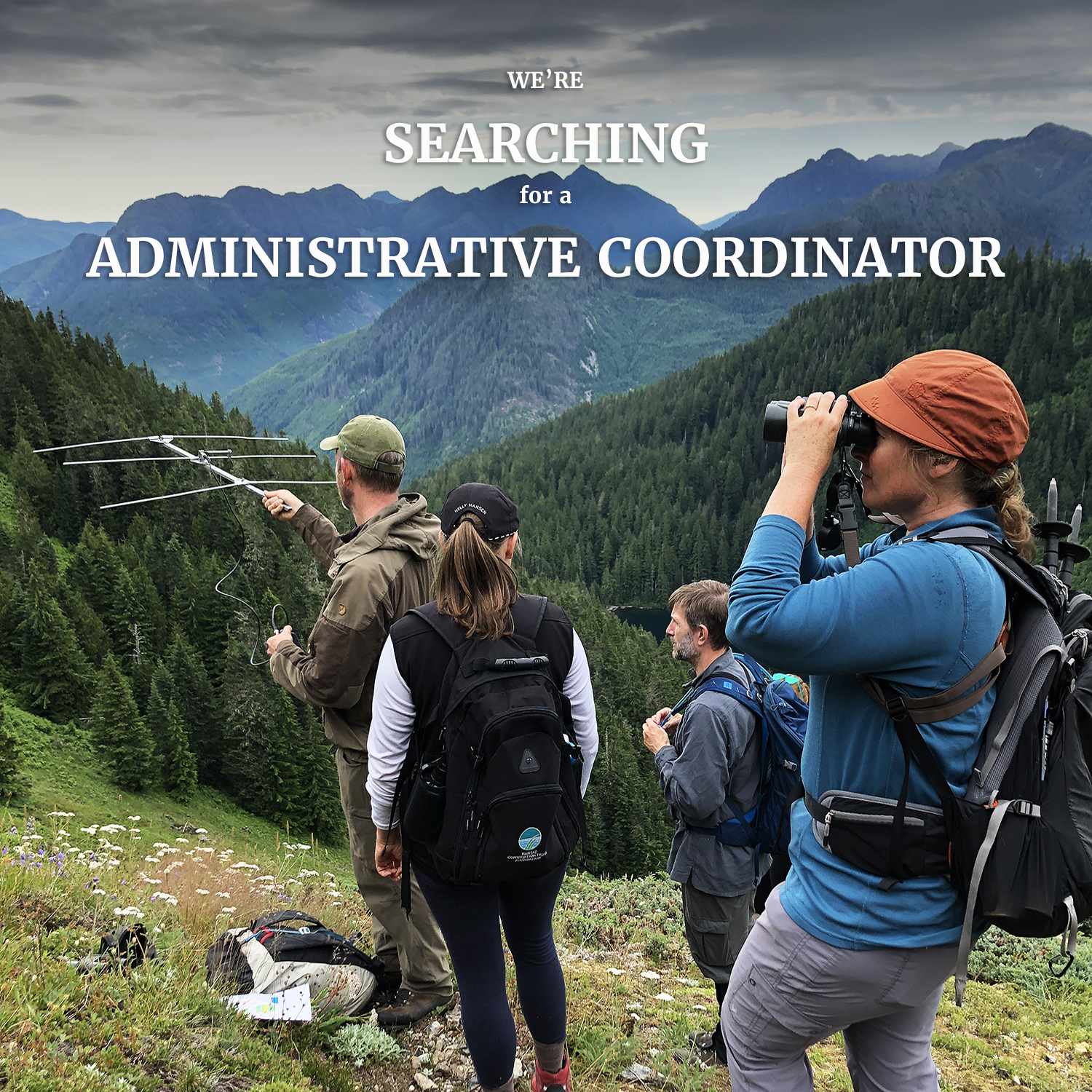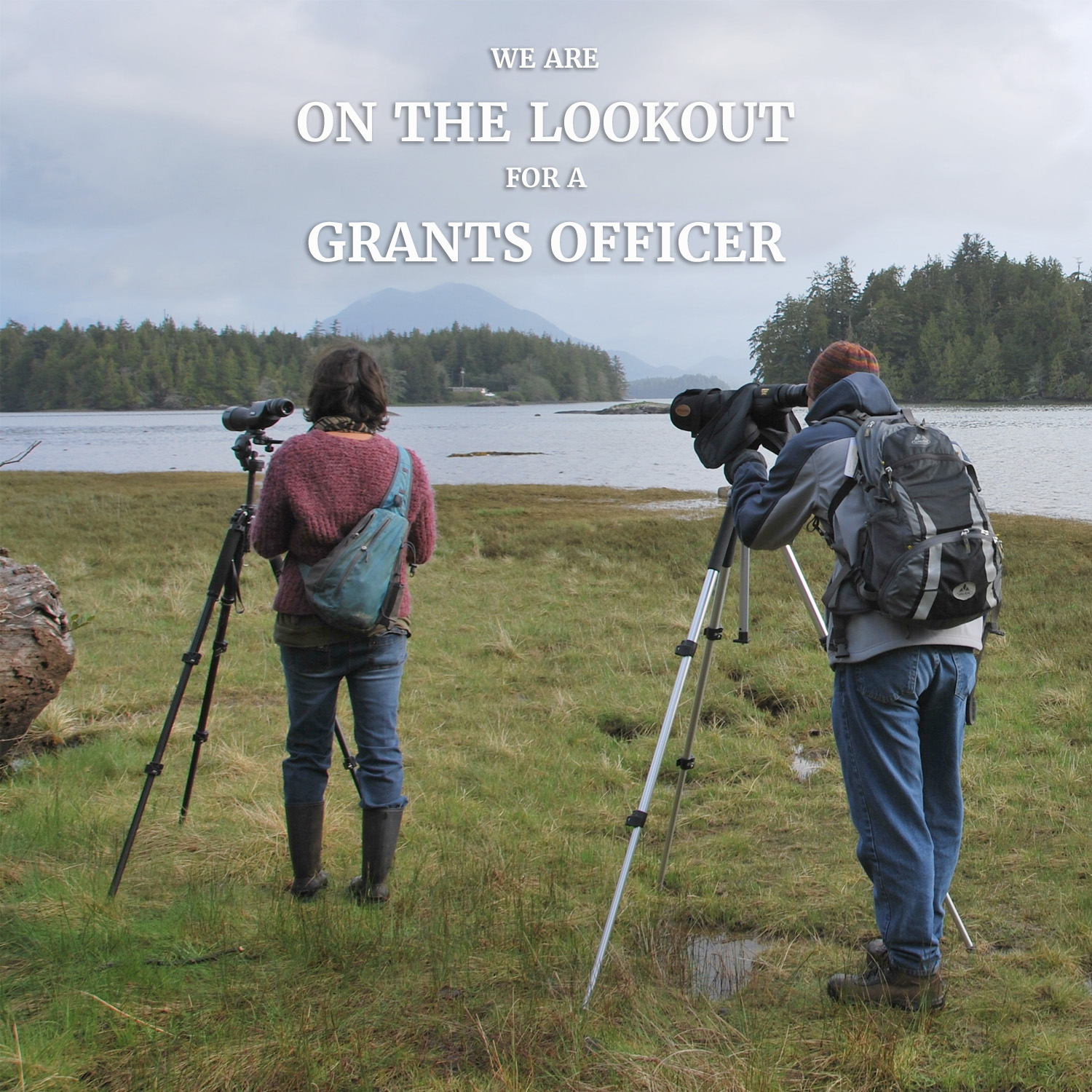Passionate about conservation? We are – come join us!
We are a non-profit foundation investing in habitat conservation projects across BC with an opening for a full-time Administrative Coordinator. We are seeking an individual who is energetic, self-directed and has a positive approach to their career, their work, and their colleagues.
The Administrative Coordinator is part of our Finance and Administration Team. The position reports to the CFO and works out of our Victoria office. The current opportunity is a temporary, full-time position for one year, with the possibility of an extension or permanent placement after the initial term. The Administrative Coordinator provides a range of support services for staff that contributes to the achievement of the Foundation’s vision and ensures smooth and efficient operations of our office and systems.
Administrative Coordinator Job Description
To apply, please email a cover letter and CV describing how you meet the required qualifications to careers@hctf.ca
Interviews are tentatively planned to take place August 31st and September 1st, 2020. The preferred start date is mid-September 2020.











